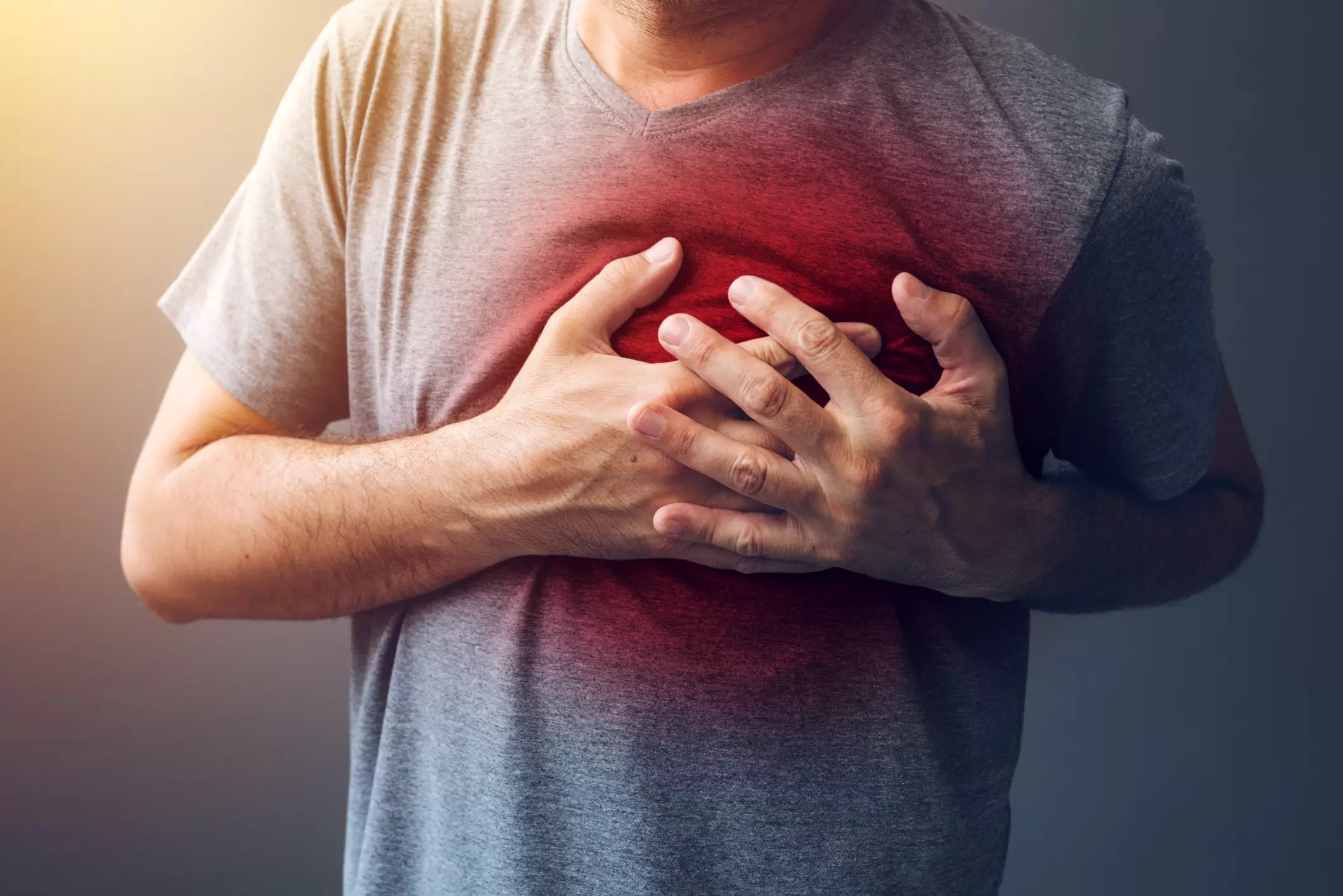
Karnataka heart attack deaths: Over 75 pc had risk factors, says govt panel
There were concerns about a rise in sudden cardiac-related deaths in Hassan, creating panic among the public. In response, the state government had ordered an investigation

A committee of medical experts submitted its report to the Karnataka government on Thursday (July 10) regarding recent heart attack cases in Hassan district. According to the report, there is no increase in sudden cardiac-related deaths, either in Hassan or across the state.
Also read: No link between Covid vaccine and heart attacks: Karnataka govt panel report
The State-appointed panel was headed by Dr. K S Ravindranath, Director of Jayadeva Institute of Cardiovascular Sciences.
There were concerns about a rise in sudden deaths, creating panic among the public. In response, the state government had ordered an investigation, and Dr. Ravindranath has now officially released the findings.
Also read: Karnataka to treat sudden deaths as 'notifiable disease': Health Minister
“Deaths reported were scattered, not clustered, and most were explainable by known cardiac risk profiles in more than 75 per cent patients,” the panel said.
Cases examined
The committee reviewed 24 deaths that occurred in May and June in Hassan district. The team also analysed the historical pattern of cardiovascular diseases and deaths in the area. Among the 24 individuals who died were 14 were below the age of 45 years, 10 were above 45 years old.
Key findings from report
“The presence of sudden deaths in relatively young individuals aged 19, 21, 23, 32, 37, 38, and 43 years is a matter of concern and cannot be overlooked,” the committee opined.
“While limitations in data collection and diagnostic confirmation are acknowledged, the clustering of deaths in this younger age group does raise red flags, particularly in the context of rising cardiovascular risk factors in the population. Many of these individuals had identifiable risk factors such as smoking, alcohol use, obesity, hypertension, or a family history of heart disease. However, in several cases, there was no prior diagnosis or indication of existing heart disease, and the sudden nature of death — often during sleep or immediately following mild symptoms — demands serious attention,” the panel said.
4 out of the 24 deaths were unrelated to heart conditions, involving:
Chronic kidney disease (1 case)
Road accident (1)
Severe gastroenteritis infection (1)
Electrocution (1)
10 deaths were confirmed to be cardiac-related
3 had pre-existing heart conditions
1 had undergone bypass surgery
1 had received angioplasty
1 suffered from dilated cardiomyopathy (heart failure)
Of the remaining 7 cardiac-related deaths:
4 were confirmed by post-mortem reports
3 were classified as heart attacks based on ECG findings
The remaining 10 deaths were considered probable cardiac-related deaths, determined based on symptoms, risk factors, and clinical indicators.
Risk factors identified
The panel said that the deaths reported were scattered, not clustered, and most were explainable by known cardiac risk profiles in more than 75 per cent patients.
The deceased had one or more high-risk factors for heart disease, including:
Diabetes (7)
Obesity (8)
Alcohol use (8)
Smoking (6)
High blood pressure (6)
Pre-existing heart disease (3)
Family history of heart disease (3)
Comparative data and trends
Analysis of data from Jayadeva Institute revealed that no upward trend in cardiac deaths was observed over the past six months in major centres like Bengaluru, Mysuru, and Kalaburagi.
In Hassan, comparison of May-June 2024 and May-June 2025 showed no significant spike in hospital admissions or deaths due to heart attacks.
2024: 315 MI (Myocardial Infarction) admissions, 19 deaths (6.03%)
2025: 357 MI admissions, 20 deaths (5.60%)
Observations and challenges
The deaths were geographically dispersed, not concentrated in a single location.
Most were associated with known heart-related risk factors.
Some cases lacked sufficient evidence to definitively determine the cause of death.
In many instances, victims had not visited any hospital before death.
The absence of post-mortem reports made it difficult to confirm whether the cause of death was cardiac-related or due to other reasons. Also, diagnostic tools like ECG, cardiac enzymes, and imaging were often unavailable, leading to a diagnosis based on inference.
Lack of cooperation from families also hampered the investigation. In the absence of reliable eyewitness accounts, medical records, and autopsy reports, determining the exact cause of death was difficult.
Recommendations by committee
Mandatory post-mortem for all sudden out-of-hospital cardiac deaths to confirm or rule out the cause.
Ensure availability of ECG machines and emergency cardiac medicines (e.g., Ecosprin, Clopidogrel, Atorvastatin, Heparin) at all PHCs and CHCs.
Provide CPR (cardiopulmonary resuscitation) training to school and college students, teachers, gym trainers.
Also, install Automated External Defibrillators (AEDs) in crowded areas such as gyms and malls. And also conduct cardiac screening for auto and cab drivers, the panel recommended.

